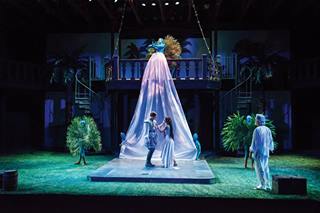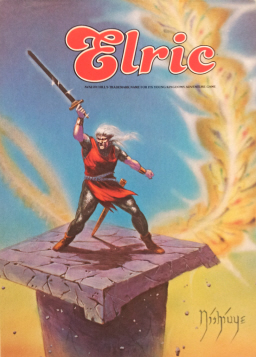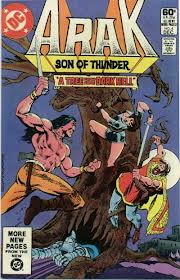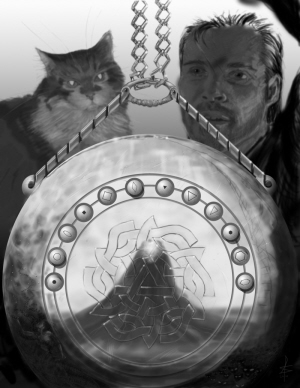Galaxy Science Fiction, March 1951: A Retro-Review
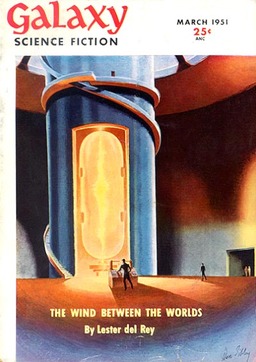 Galaxy’s March, 1951 issue is succinct, offering only five pieces of fiction.
Galaxy’s March, 1951 issue is succinct, offering only five pieces of fiction.
I noticed this on the table of contents: “Next issue at your newsstand first week in March,” which means that the March, 1951 issue was available in early February. That’s fairly standard for magazines (probably so the reader feels like an issue is current), but I admit I still find it confusing.
“The Wind Between the Worlds” by Lester Del Rey – Instead of exploring the solar system, mankind inadvertently figures out how to transport between worlds, drawing the attention of the Galactic Counsel. As a provisional member, Earth can exchange matter with other members of the council. When someone sabotages one of the matter transmitters, it remains open, sucking in large amounts of air from Earth every second. It’s up to a couple of engineers and a bureaucrat to figure out how to switch off the transmitter before the U.S. (under increasing pressure to fix the problem) bombs the facility, which would leave the transmitter permanently open.
I like science fiction like this, where there are a variety of alien races with vastly different cultures and appearances. I also enjoyed how mankind never figured out how to travel through space; we simply figured out how to transport matter to distant areas. Plausible and entertaining.
“The Other Now” by Murray Leinster – Jimmy’s wife is killed in a car accident. But in the weeks that follow, he begins to see glimpses of another reality within his home – her cigarette butts in the ashtray, doors opened that he knows were closed. Then he sees her diary open and reads the latest entry. Not only is it the current date, but she writes of missing Jimmy since his untimely death.
This has a great Twilight Zone feel to it. Yes, I know it predates the show, but the comparison is still valid. Leinster may have been the first author to use the idea of parallel universes, given that his story “Sideways in Time” appeared in the June, 1934 issue of Astounding. I leave this open for discussion.
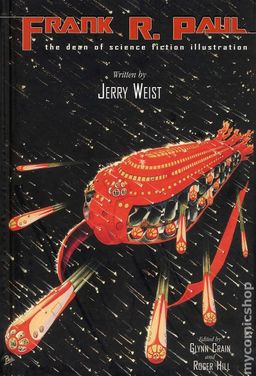
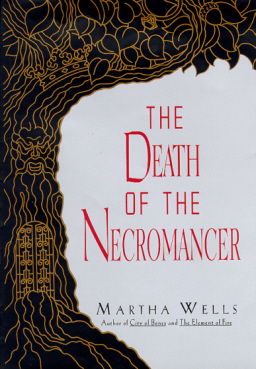
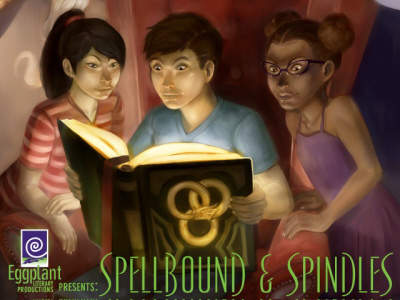

 Normally, I write here about fantasy (which to me includes science fiction and horror). But some mimetic novels have a lot to say about the fantastic. Or a lot to say about related themes; wonder, for example, or the numinous. Those books are sometimes worth discussing at Black Gate, I think. Which is why I want to write now about Robertson Davies’s Deptford Trilogy — classics of Canadian literature, novels deeply concerned with wonder — and consider whether they should have been even more open to the fantastic than they in fact are.
Normally, I write here about fantasy (which to me includes science fiction and horror). But some mimetic novels have a lot to say about the fantastic. Or a lot to say about related themes; wonder, for example, or the numinous. Those books are sometimes worth discussing at Black Gate, I think. Which is why I want to write now about Robertson Davies’s Deptford Trilogy — classics of Canadian literature, novels deeply concerned with wonder — and consider whether they should have been even more open to the fantastic than they in fact are.